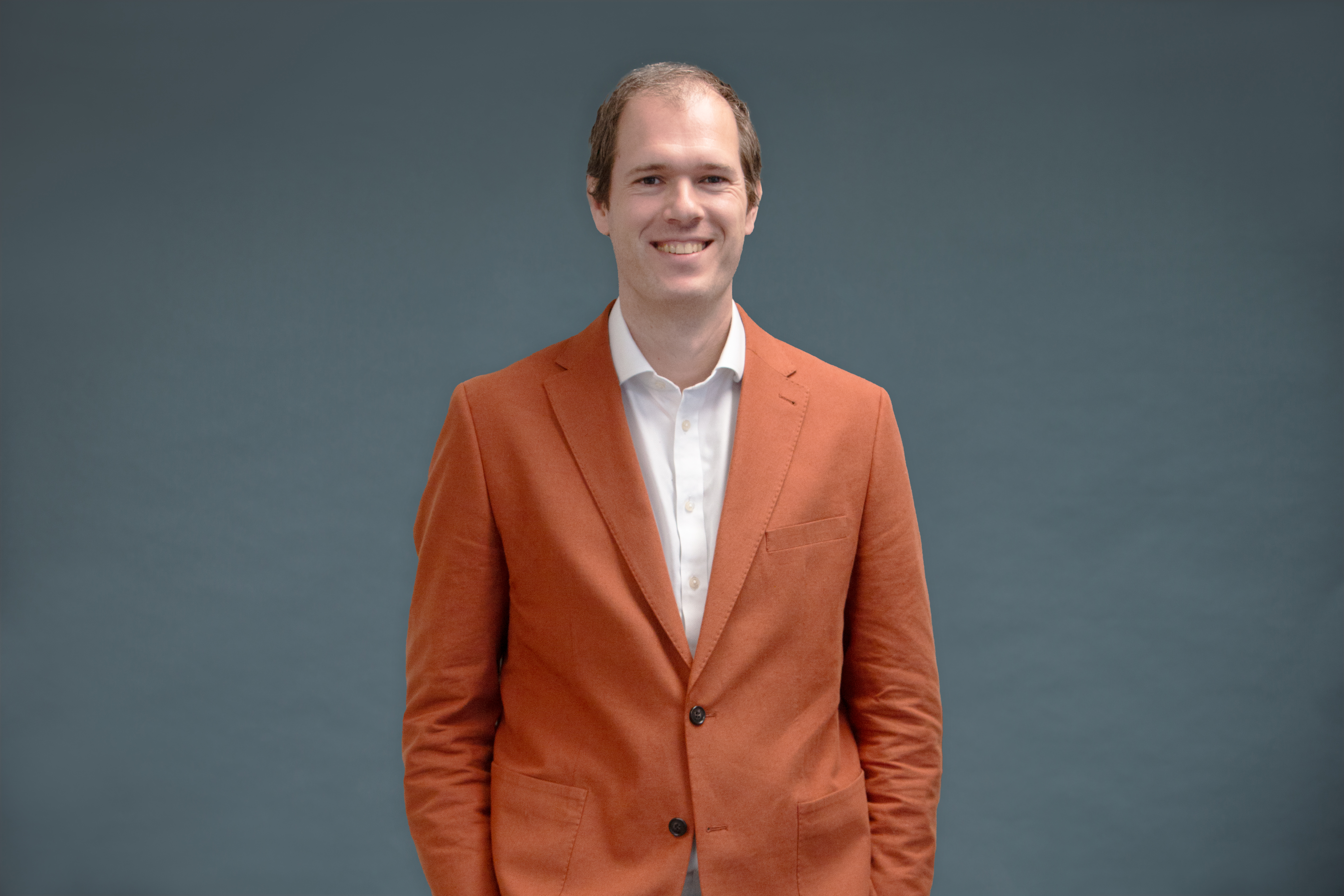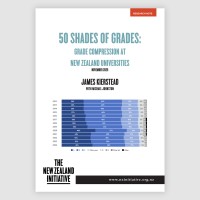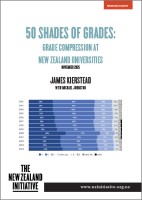Manic compression
If you enjoyed Fifty Shades of Grey (either the book or the movie), there’s no guarantee that you will enjoy Fifty Shades of Grades, the research note on grade distribution at New Zealand universities that I released earlier this week. Still, I like to think that the latter has enough titillating detail, spanking new analysis, and breath-taking climaxes (if only of series of data) to satisfy most readers. Read more









